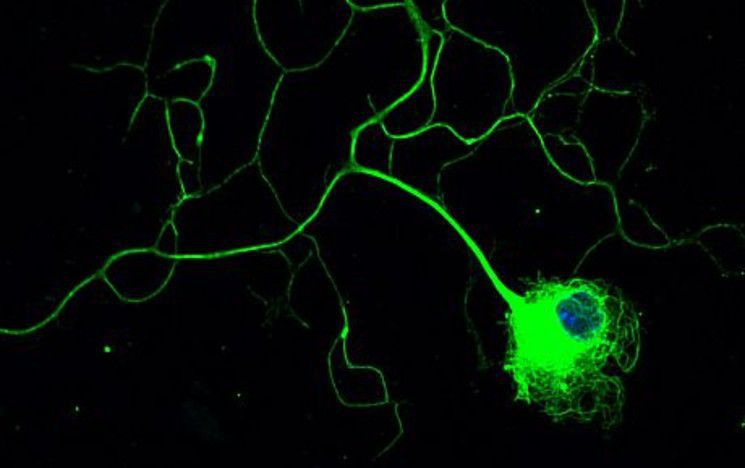
Majid Hafezparast
Molecular mechanisms of Motor Neuron Disease
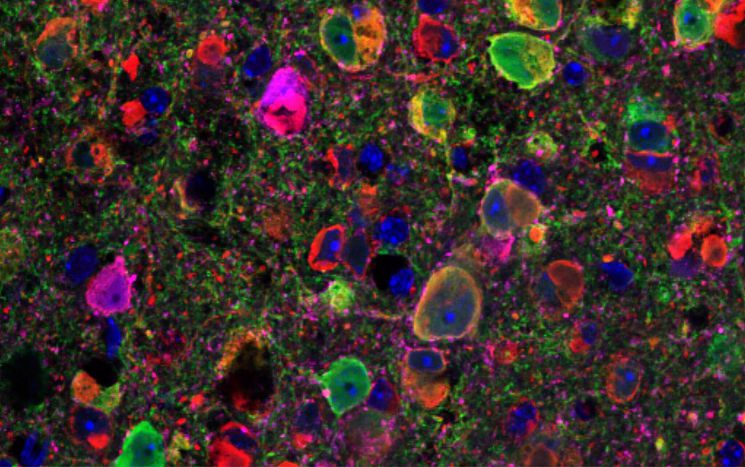
To design therapeutics for neurodegenerative diseases, we must first understand the causes.” louise serpell
Professor of Biochemistry
Neurodegenerative diseases are associated with progressive deterioration of brain function. Many are sporadic, with aging being biggest risk factor, but hereditary forms can provide further understanding of the cause. Researchers in Sussex Neuroscience are studying the underlying genetic, molecular, cellular, behavourial and functional changes that are associated with conditions including Alzheimer’s, Parkinson’s and Huntington’s disease, frontotemporal dementia and motor neuron disease. Focussed and multidisciplinary studies are addressing the underlying triggers of disease, causes and the hall-marks of progression, paving the way to development of therapeutics.

Molecular mechanisms of Motor Neuron Disease
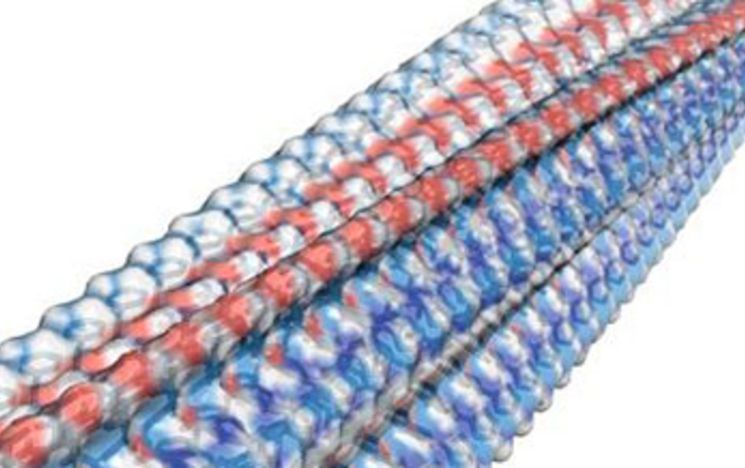
Structure and function of amyloidogenic peptides and proteins
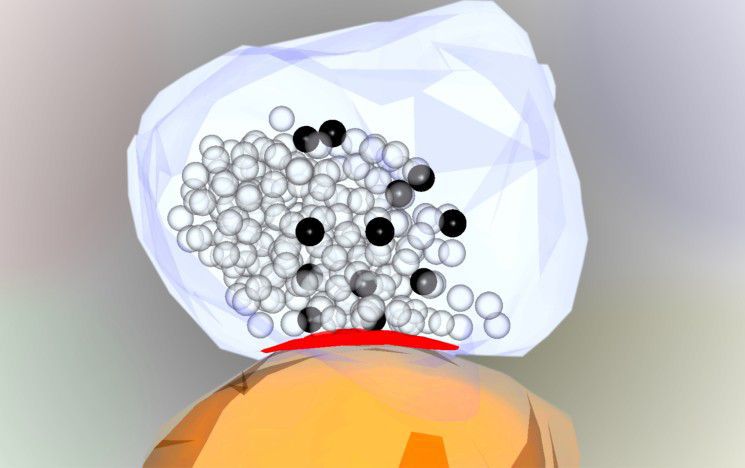
Synapses: function and dysfunction in learning and disease
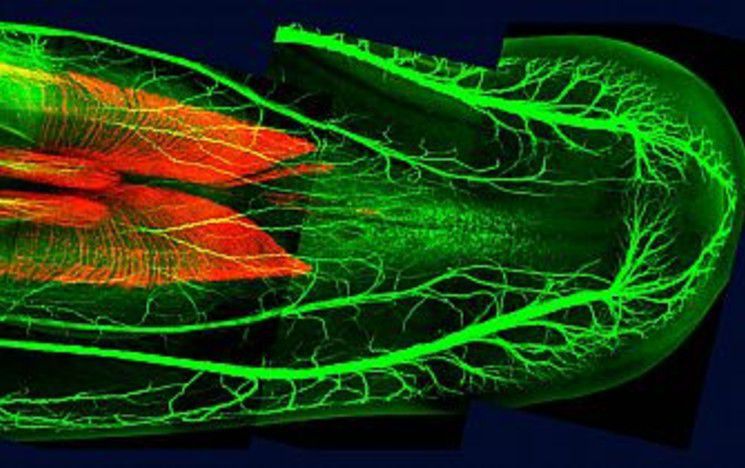
Development and disorders of motor neurons

Neurodegenerative diseases
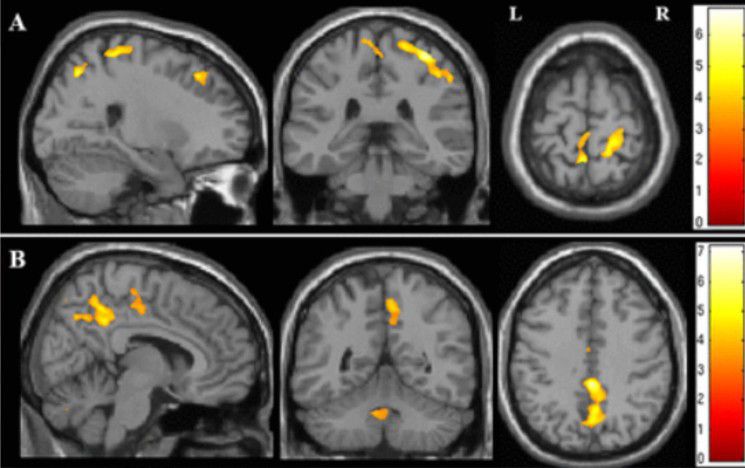
Quantitative imaging techniques; biomarkers of disease
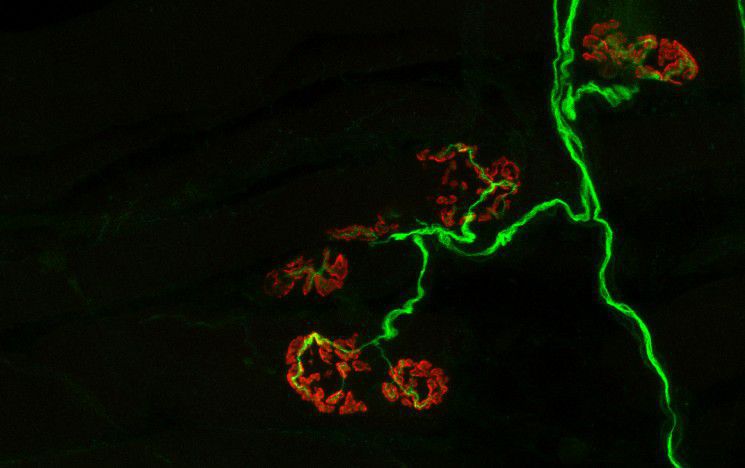
Motor Neuron Disease
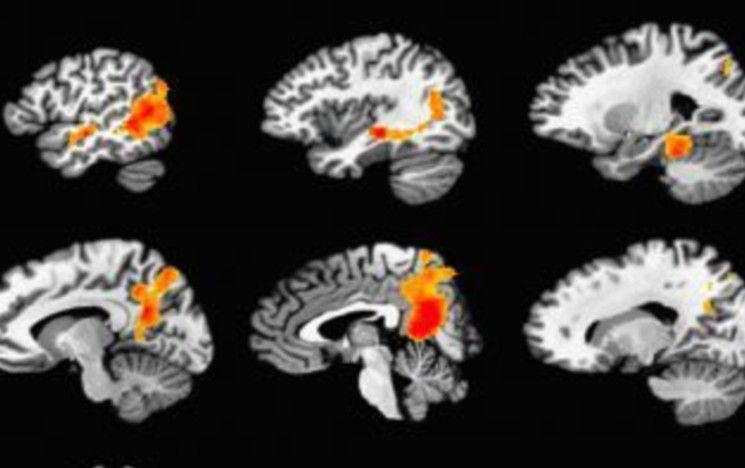
Episodic memory
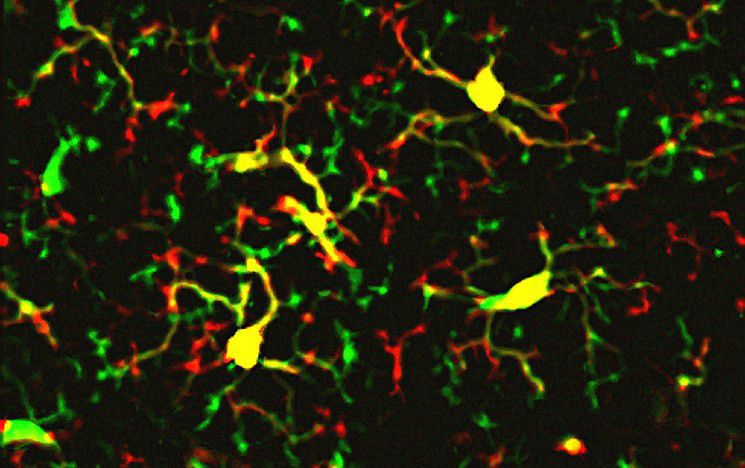
Brain energy supply and demand
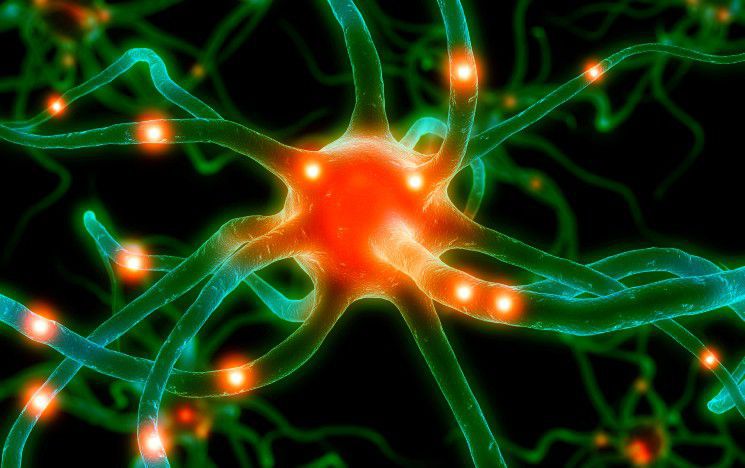
Molecular neuroscience of addiction and neurodegeneration
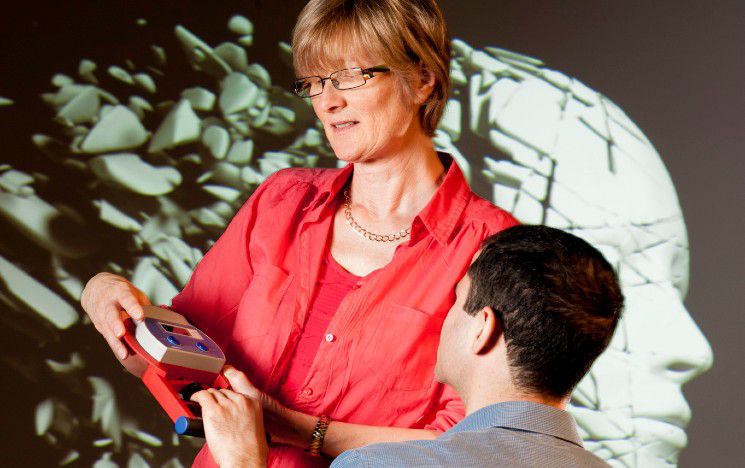
Memory, attention and information processing across the lifespan
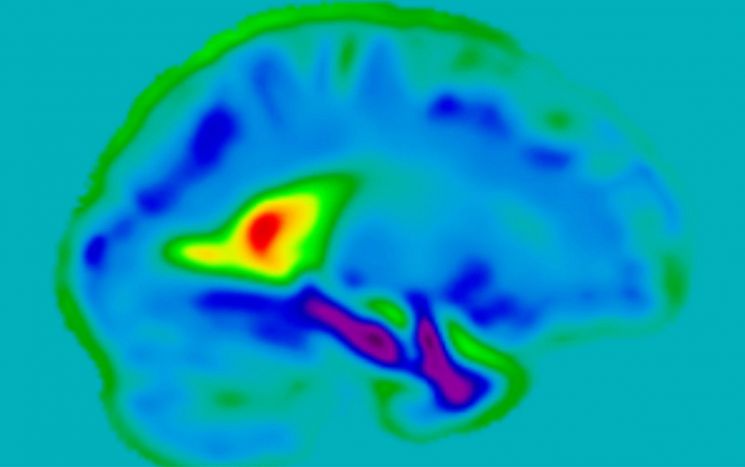
Spatiotemporal statistical modelling; Morphometry and imaging biomarkers